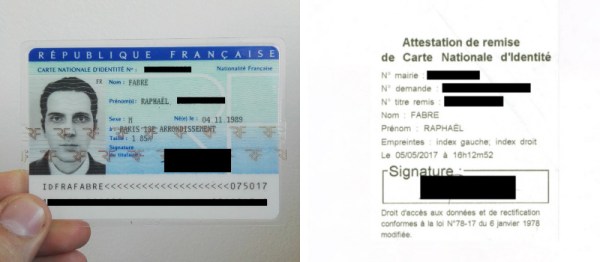Photographs for identification purposes have strict requirements. Lighting, expression, and framing are all controlled to enable authorities to quickly and effectively use them to identify individuals reliably. But what if you created an entirely fake photograph from scratch? That’s exactly what [Raphael Fabre] set out to do.
With today’s 3D modelling tools, human faces can be created in extreme detail. Using these, [Raphael] set out to create a 3D model of himself, which was then used to render images simulating a passport photograph. Not content to end the project there, [Raphael] put his digital doppelgänger to the test – applying for a French identification card. He succeeded.
While the technology to create and render high-quality human faces has existed for a while, it’s impressive that [Raphael]’s work passed for genuine human. Obviously there’s something to be said for the likelihood of an overworked civil servant catching this sort of ruse, but the simple fact is, the images made it through the process, and [Raphael] has his ID. Theoretically, this leaves open the possibility of creating entirely fictitious characters and registering them as real citizens with the state, for all manner of nefarious purposes. If you do this, particularly on a grand scale, be sure to submit it to the tip line.
We’ve seen other concerning ID hacks before, such as this attempt at hacking RFIDs in Passport Cards.











